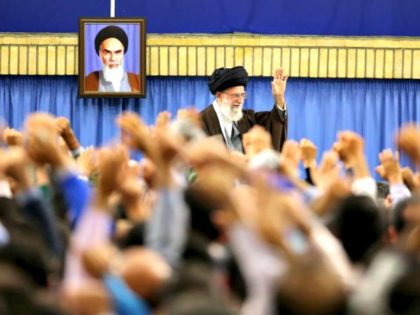Zumwalt: Draining the Swamp, Saudi Style
In the 1975 movie “Jaws,” the threat posed by a Great White shark to swimmers was only neutralized after aggressive action to confront it was taken.
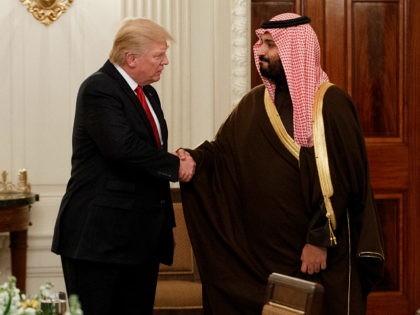
In the 1975 movie “Jaws,” the threat posed by a Great White shark to swimmers was only neutralized after aggressive action to confront it was taken.

Ever since President Donald Trump appointed Lieutenant General H.R. McMaster as National Security Advisor, linking terrorism to radical Islam has been an issue. While McMaster quickly informed his staff the link was not to be made, Trump makes it.
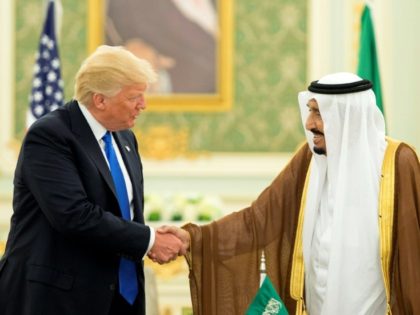
President Donald Trump has never hesitated to make his opinion known on the nuclear deal negotiated by President Barack Obama with Iran.
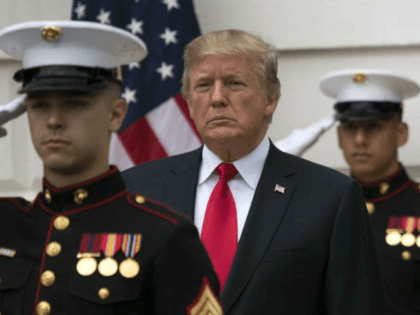
As President Barack Obama departed office, he assured us he was leaving behind a much safer world. He lied.

North Korea’s Kim Jong-un, assessing South Korean opposition to his aggressive nuclear and missile programs, must believe his predecessors — father Kim Jong-il and grandfather Kim Il-sung — are out there working in the netherworld to do what they can to influence acceptance by the world community of Pyongyang as a nuclear-armed power.
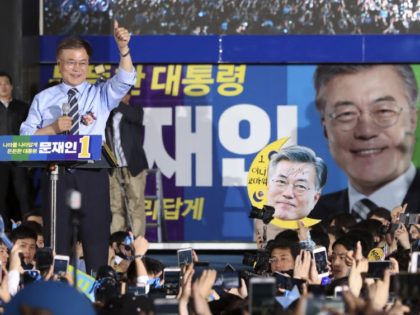
When legislation on U.S. foreign policy, vehemently opposed by the president, comes before the U.S. Senate for approval, the chances the bill will sail through by unanimous vote are highly unlikely.
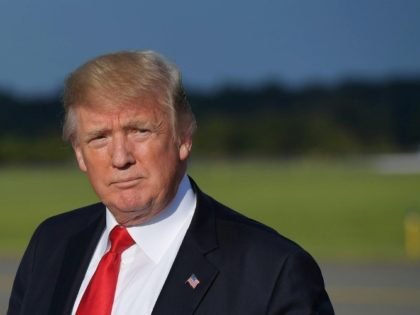
North Korean leader Kim Jung Un, through both words and actions, again has ratcheted tensions up on the peninsula.
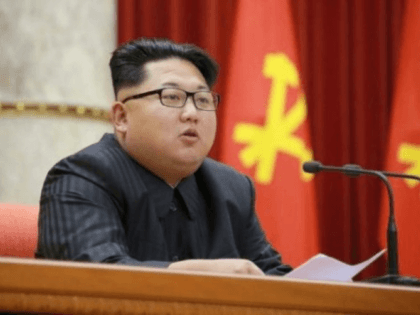
The only thing more difficult than attempting to stop one rogue nation from acquiring nuclear weapons is attempting to stop two rogue nations collaborating to do so.
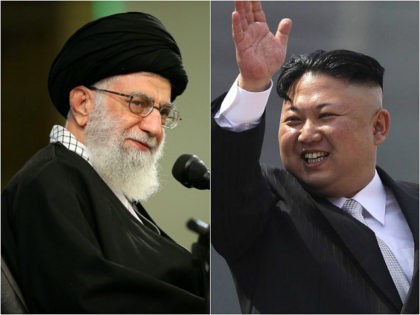
In the aftermath of President Donald Trump’s meeting with his South Korean counterpart, Moon Jae-in, the White House announced military options against North Korea are being explored. A “Shock and Awe” policy may be replacing an immensely unsuccessful “Shock and Nah” one.
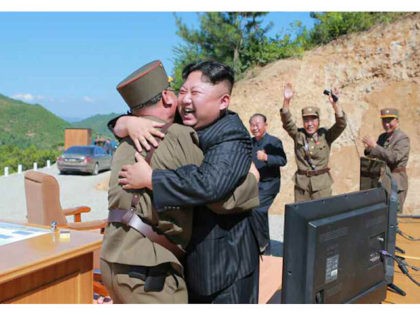
In a Middle East country where terrorist attacks by suicide bombers are rare, Saudi Arabia suffered such an attack on June 23rd. Both target and timing were significant.
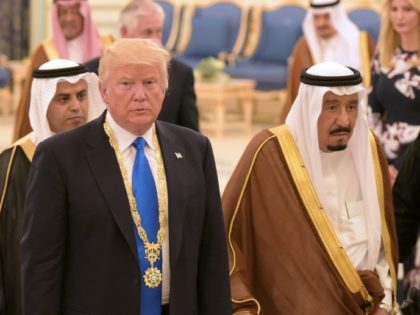
During our 240-year history, several presidents have undertaken U.S. foreign policy initiatives that today bear their names.
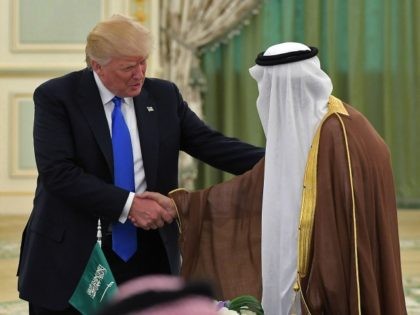
Thirty years ago today, President Ronald Reagan gave one of the most moving motivational speeches to people who had long lived under the yoke of communism. While he spoke in Berlin, Germany, his speech was broadcast internationally and, thus, so too was his message.
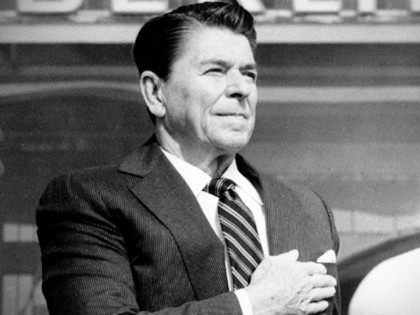
When Donald Trump and Pope Francis met at the Vatican on May 24th, the former became the thirteenth serving U.S. president to officially meet with a serving pontiff.
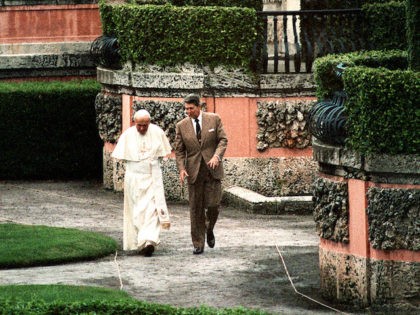
As tensions mount in the Middle East, one cannot help but wonder whether eschatological factors are playing out or whether nations looking to influence outcomes in a positive way still have roles to play. Those of us unwilling yet to accept end-of-world prophecies prefer the emphasis be put upon the latter.

As unpredictable as North Korean dictator Kim Jong-un (Kim3) has become, two aspects of his personality are easy to predict and measure: his increasing girth and increasing bravado.
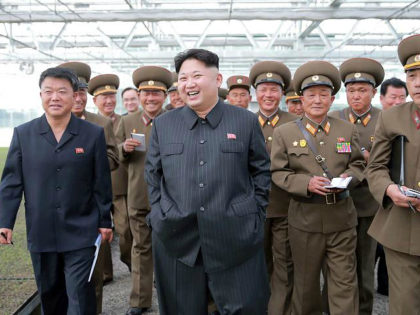
Anti-abortion activist Randall Terry famously said, “Fool me once, shame on you. Fool me twice, shame on me.” But in discussing Iran’s nuclear weapons program, we need to ask what it says about subsequent American governments that they have been continually fooled by Tehran’s mullahs in their efforts to develop nuclear weapons.
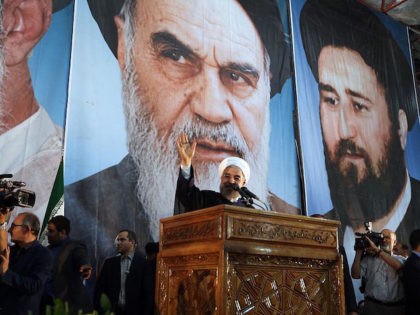
With tensions mounting on the Korean Peninsula, the US focusing on force multipliers in the region, and President Donald Trump showing a resolve to confront tyrants (as his missile strike against in Syria demonstrated), we hear North Korean leader Kim Jong Un’s bravado.
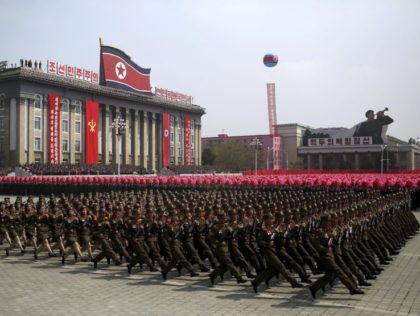
In today’s world of a Donald Trump presidency in which any actions he undertakes, regardless of its logical rational, becomes a topic of criticism by his political opponents, we must look at two of his decisions – independent of the tainted lenses through which critics choose to view them – made concerning Syria.
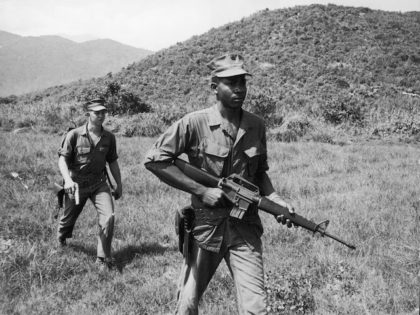
The British-built de Havilland Comet was the world’s first commercial jetliner, placed in service in 1949. But in the early 1950s, several of the planes crashed. To prevent further loss of life, the fleet was grounded to identify the problem’s

Recent incidents in France are most telling about an Age of Enlightenment giving way, albeit centuries later, to an “Age of Turbidity.”

Recently, Chinese Foreign Minister Wang Yi compared mounting tensions on the Korean Peninsula, created by North Korea’s continuing missile tests and joint military drills conducted by South Korea and the U.S., to “two accelerating trains, coming toward each other with neither side willing to give way.”
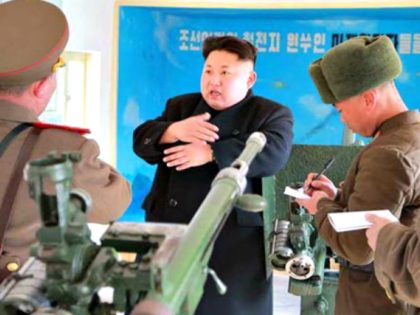
February has proven to be a big month for North Korea. In two very different but frightening ways, it has demonstrated a capability to strike out at targets. It has made clear no one is safe should Pyongyang wish to reach out and touch—or kill—someone.
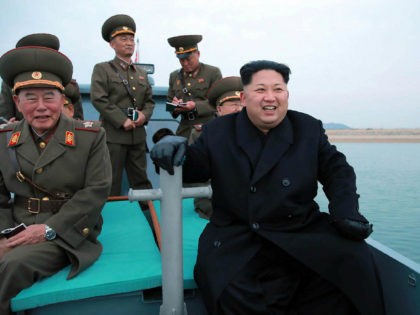
One of Joe Biden’s last official acts as vice president was to attend the World Economic Forum in Davos, Switzerland. Speaking at the forum on January 18th, Biden warned the democratic world order is at risk of collapse.
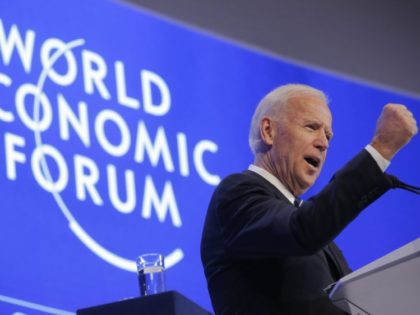
With his last minute pardons, commutation of prison sentences and prison releases, Barack Obama is proving to be an equal opportunity president.
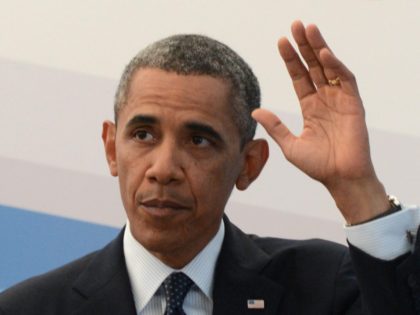
After President-elect Donald Trump is sworn into office and Hillary Clinton supporters finally accept it, an important question will confront a divided America: Can a once-great nation recover the greatness it has surrendered?
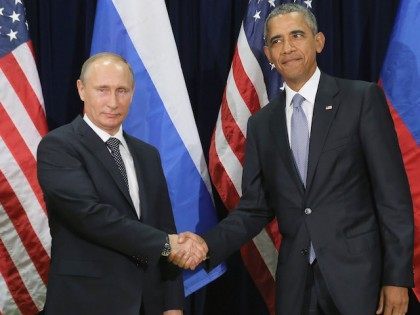
One of the rare gems to emerge from early television was Art Linkletter’s 1952 program “Kids Say the Darndest Things.” As a child uttered some off-the-wall comment, Linkletter turned to the audience in feigned disbelief of what was heard.
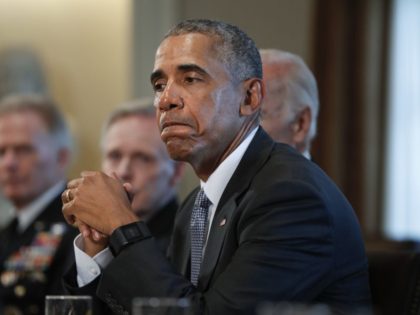
As per the end-of-year media ritual, with the last hours of 2016 coming to a close—and with “Auld Lang Syne” playing in the background—we listened to the names of well-known personalities who had left us before the new year arrived.
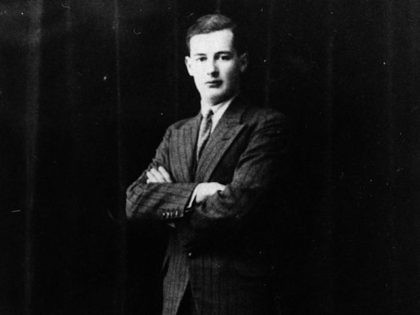
It is interesting that President Barack Obama, who during eight years in office has, historically, been slow to act on international challenges, has moved quickly to impose sanctions upon Russia for alleged interference with the 2016 election. He moves well before a detailed investigation into the issue can be concluded.
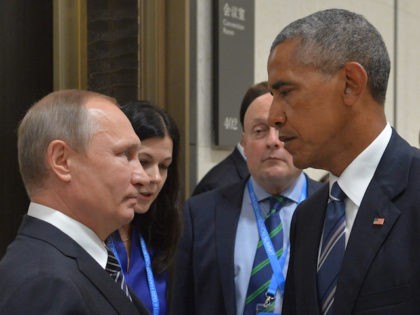
In a February 2002 news conference, Secretary of Defense Donald Rumsfeld was asked about evidence linking Iraq to supplying terrorist groups with weapons of mass destruction.

One of Barack Obama’s first actions as president was ensuring the American public understood what terrorism does not involve.
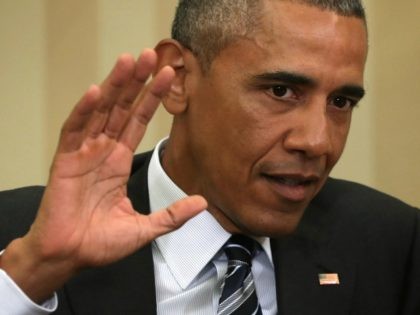
The Senate recently passed the Justice Against State Sponsors of Terrorism Act (JASTA) – a law intended to permit victims of the September 11, 2001 attacks to sue Saudi Arabia in court for being complicit in the terrorist acts committed that day.

During a press conference last month with German leader Angela Merkel in Berlin, President Barack Obama provided us with a “Jesse Jackson moment.”
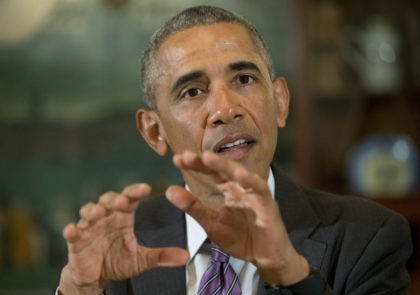
There is irony in the convergence of two story lines this month.
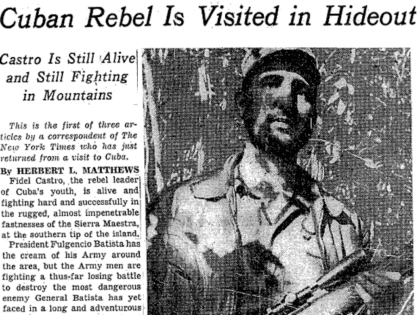
Undoubtedly, some readers worried by the November 18 New York Times (NYT) opinion page rushed for their “safe spaces.” Political pundits, the NYT’s editorial board and others—distressed over administration appointments by President-elect Donald Trump—sounded like Chicken Little of the children’s fable.
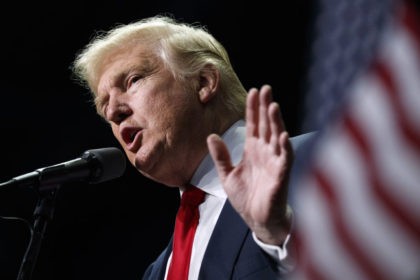
David Vetter, born in 1971 with severe combined immunodeficiency (SCID)—a hereditary disease dramatically weakening the immune system and incurable at the time—died at age twelve. Spending his short life living inside a plastic bubble that sought, unsuccessfully in the end, to protect him from the world of germs outside, he was dubbed “the bubble boy.”

We have heard President Barack Obama, on several occasions, endeavor to allay fears about world violence. His nuclear deal with Iran does not do this. It now is up to President-elect Donald Trump either to re-negotiate an agreement that will or to reject it.
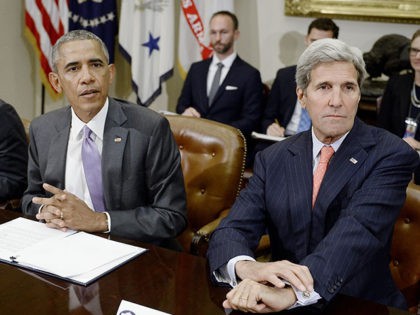
As President-elect Donald Trump awaits his inauguration, as with all previous president-elects awaiting the two-and-a-half month lapse time between the election and taking office, the reality of delivering on campaign promises starts to set in.
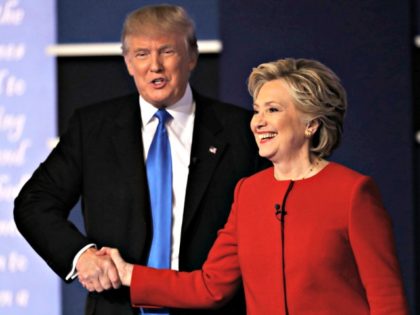
A bombshell awaits America—one that, for all intents and purposes, will permanently define the legacy of President Barack Obama and, if elected, Hillary Clinton.
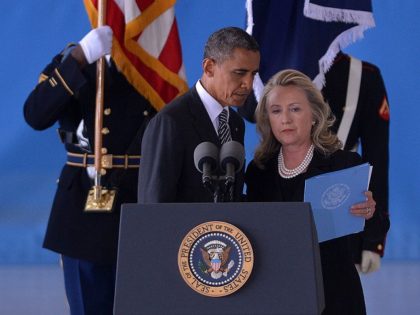
President Barack Obama assured us last year the nuclear agreement he struck with Iran would improve relations with that country. But since then, the number of naval confrontations with Tehran has doubled and the mullahs have threatened to shoot down U.S. spy planes operating in international airspace.
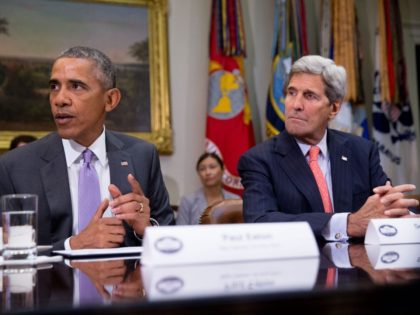
For eight years, President Barack Obama has been reluctant to expose skeletons in the closet of the Iranian mullahs. Even his own party members are now fed up with this policy, as a number of them joined Republicans to pass legislation dragging out one of these skeletons.
